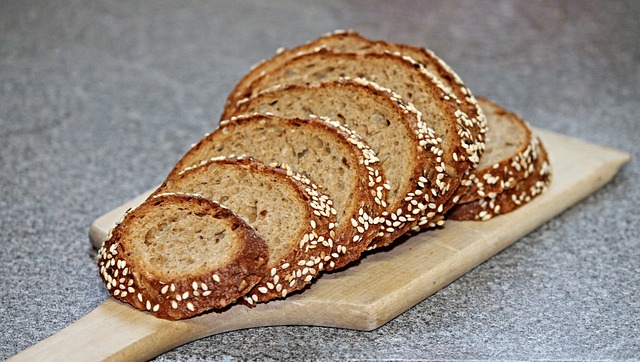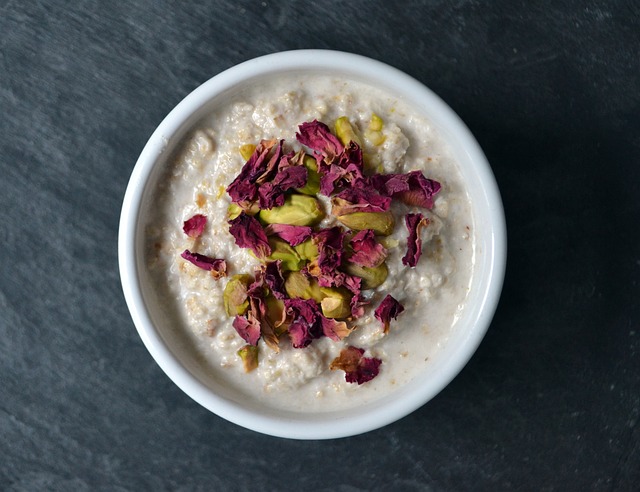When it comes to choosing bread, brown bread often enjoys a reputation for being healthier than its white counterpart. However, the reality is not as straightforward as it may seem. In this article, we will delve into the misconceptions surrounding brown bread’s superiority, explore the potential pitfalls, and provide valuable tips to help you select a truly healthy and nutritious brown bread.
The Brown Bread Myth
- Whole Grains vs. Color: The perception that brown bread is healthier stems from the belief that it contains whole grains. While whole grains are indeed a healthier choice, the color of the bread alone does not determine its whole grain content. Some brown bread varieties may derive their color from added coloring agents rather than whole grain flour.
- Refined Grains Disguised: Certain manufacturers may use caramel coloring or molasses to make bread appear brown, giving the illusion of whole grain goodness. However, the base flour used in these breads may still be predominantly refined grains, devoid of the nutritional benefits of whole grains.
Selecting Truly Healthy Brown Bread
- Read the Ingredients: Don’t rely solely on the color or the term “brown bread.” Instead, scrutinize the ingredients list. Look for the words “whole wheat flour” or “whole grain flour” as the first ingredient, indicating that the bread is primarily made from whole grains. Avoid breads that list enriched wheat flour or refined grains as the main ingredient.
- Check the Fiber Content: Whole grain breads should offer a substantial amount of dietary fiber. Aim for a minimum of 2-3 grams of fiber per slice. Higher fiber content aids digestion, promotes satiety, and helps regulate blood sugar levels.
- Look for Minimal Additives: Opt for bread with minimal additives, such as artificial preservatives, high fructose corn syrup, hydrogenated oils, or excessive sugar. A short and recognizable ingredient list is typically indicative of a healthier bread choice.
- Seek Whole Grain Certifications: Look for bread products that carry recognized whole grain certifications, such as the Whole Grain Stamp or similar labels. These certifications indicate that the bread contains a significant amount of whole grains, ensuring you are making a genuinely nutritious choice.
- Consider Local Artisan Breads: Local bakeries or artisanal bread makers often prioritize using whole grain flours and traditional baking methods. These breads tend to be less processed and may offer a wider variety of whole grain options compared to mass-produced brands.
- Experiment with Alternative Grains: Expand your horizons beyond wheat-based bread. Explore options like rye, spelt, quinoa, or buckwheat bread, which offer different flavors, textures, and nutrient profiles. These alternatives can provide a welcome change and enhance your nutrient intake.
While the notion that brown bread is inherently healthier than white bread is not entirely accurate, making informed choices can lead you to truly nutritious options. Pay attention to the ingredients and prioritize whole grains for a more wholesome choice. By selecting bread that genuinely incorporates whole grains, you can maximize the nutritional benefits, increase your fiber intake, and support a healthy lifestyle.
Image by PublicDomainImages from Pixabay
Grains, Beans, and Lentils
-

Why Grains Can Make Your Gut Healthy and Happy
The health of our gut plays a vital role in overall well-being, and maintaining a balanced and diverse gut microbiota is essential for optimal digestion and immune function. One key component in promoting gut health is dietary fiber, and grains are an excellent source of this essential nutrient. This article explores the relationship between grains…
-

The Power of Oatmeal: Tips for Choosing the Best Option
-

Lentils Can Improve Your Heart Health
-

Creative Ways to Cook and Enjoy Lentils in Everyday Meals
-

Debunking Common Myths about Gluten: Separating Fact from Fiction
-

How Lentils in Your Diet Can Help Shed Extra Pounds
-

How to Consume Whole Grains For Heart Health: Examining the Link and Best Dietary Practices









Leave a Reply